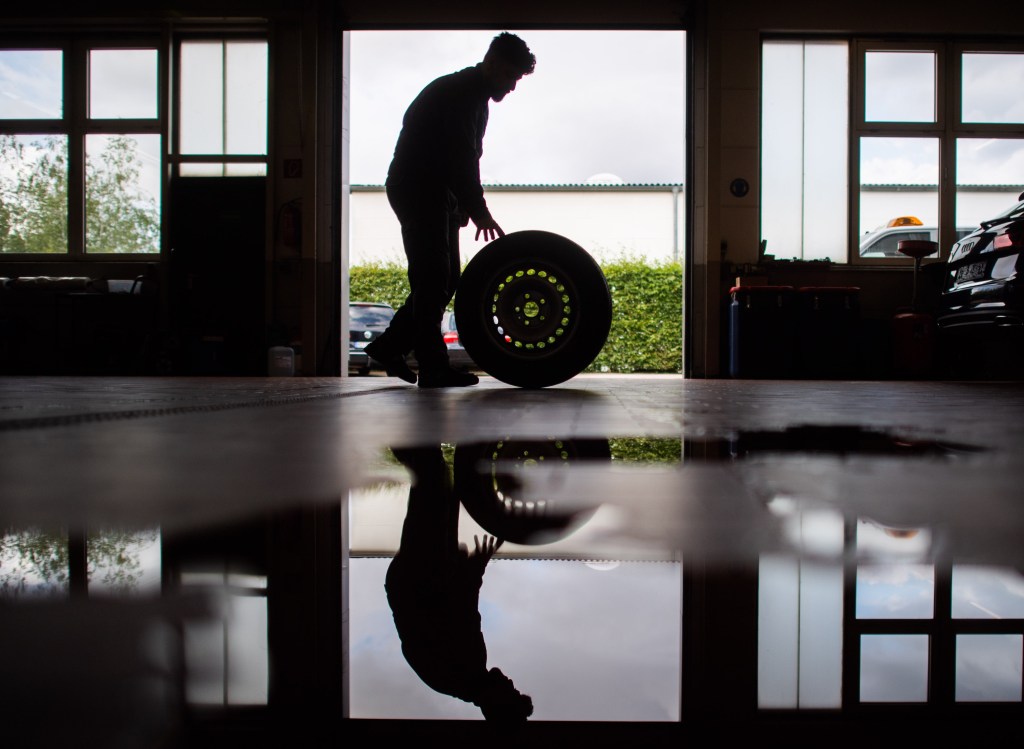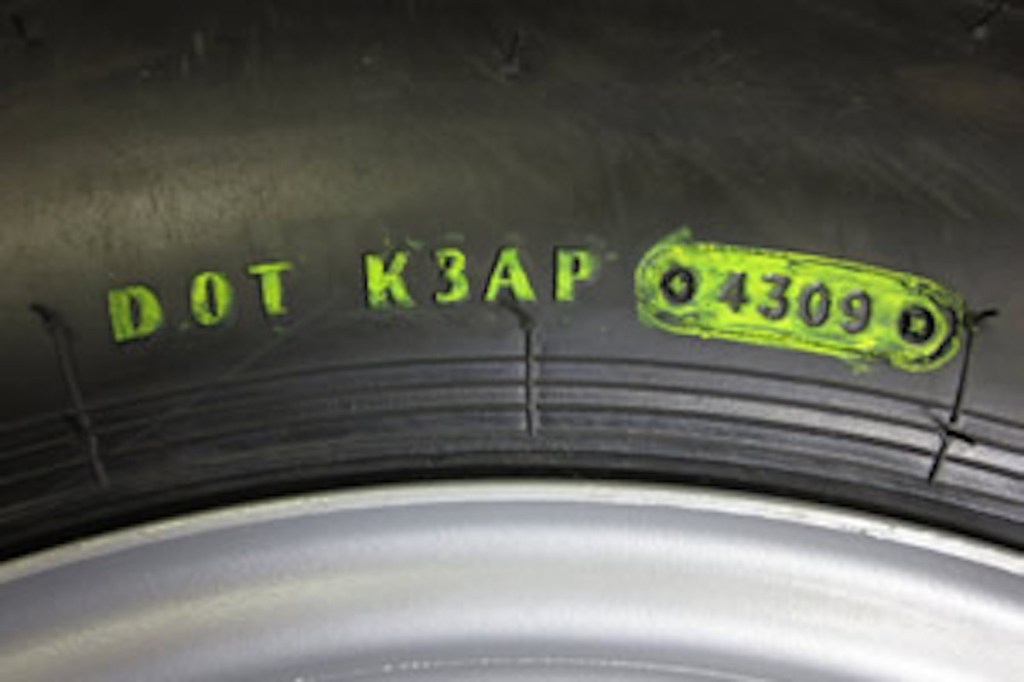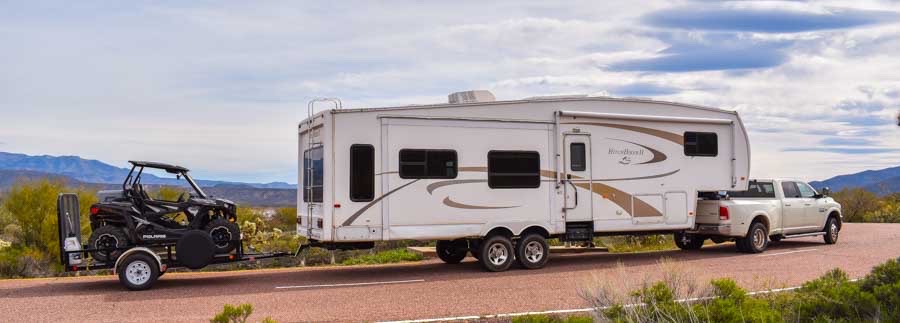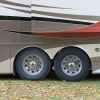
Do RVs Use Special Tires?
As the camper and overlanding crazes continue to rage in unison, the RV market is seeing a massive uptick in newcomers. Given the nature of these vehicles (camper trailer, camper van, motorhome, etc.), driving or pulling these heavy rigs can quickly turn dangerous. Unlike your car, RV tires can get a bit more complicated.

Ask for help when buying RV tires
RVs can come in many different shapes and sizes. Obviously, a camper trailer and a camper van will use a different kind of tire most times. Similarly, big rig motorhomes also need a specific tire to handle the immense weight.

When buying a used RV, consulting a tire professional could be really helpful in buying the right tires and judging the condition of the current tires. Because RV tires can sit for long periods of time and often run out of life before the tread is low, RV tires require a trained eye to determine safety.
How to date RV tires

You can learn it on your own, but according to RVShare, there is a code on every RV tire that will specify the exact week of a particular year that the tire was manufactured.
The basic idea behind determining the age of your tires is paying attention to the last 4 digits of the Tire Identification Number.
According to RVShare, “Tire manufacture date is listed as a 4 digit code at the end of the DOT number. For example, if the last 4 digits of your Tire Identification Number are 4210, that means that your tires were manufactured in the 42nd week of the year 2010.”
Buying old tires, even if they look good, is a hazardous way to go. Take the time to learn how to date your tires so you know when to replace them and buy tires in the future.
Tire size really matters
This fact is true for all motorized vehicles. Whether motorcycle, car or off-roader, having the wrong size tire can bring loads of misery. RVs ramp up that misery about ten-fold.
Obviously, the Class A Motorhomes are a different beast altogether than the two-person camper trailers. Vehicles in this weight class require serious tires that often require a much higher air pressure to handle the rig’s weight.

As tires are specialized and specific to the RV, so too are the wheels. Everything has to be just right in this department, or problems can occur quickly and violently.
A car blowout is scary enough as it is, but most cars and trucks are much more easily recoverable in the event of a blowout than a camper trailer or motorhome. The risks are much greater, which makes tire and wheel selection very important.
Where to buy RV tires?
Like anything else these days, You can tire shop online. Once you know which tires you need for your rig, it can pay to take your time and do your research.
Sites like DiscountTire.com and TireRack.com can be helpful resources for finding a large selection of RV tires to choose from. Tire manufacturers’ websites can also be a strong starting point for learning about the benefits of different brands.
This is where that dating code comes into play. What you want to be careful of is buying tires that have been sitting for a long time. If you learn how to date the code or show them to your tire guy, you can avoid buying old, dry tires. This can not only save you money but also save you a dangerous blowout.
Again, like everything else, RV tire prices can vary wildly. Don’t be afraid to take your time and shop around. This will save you time and money in the long run.



